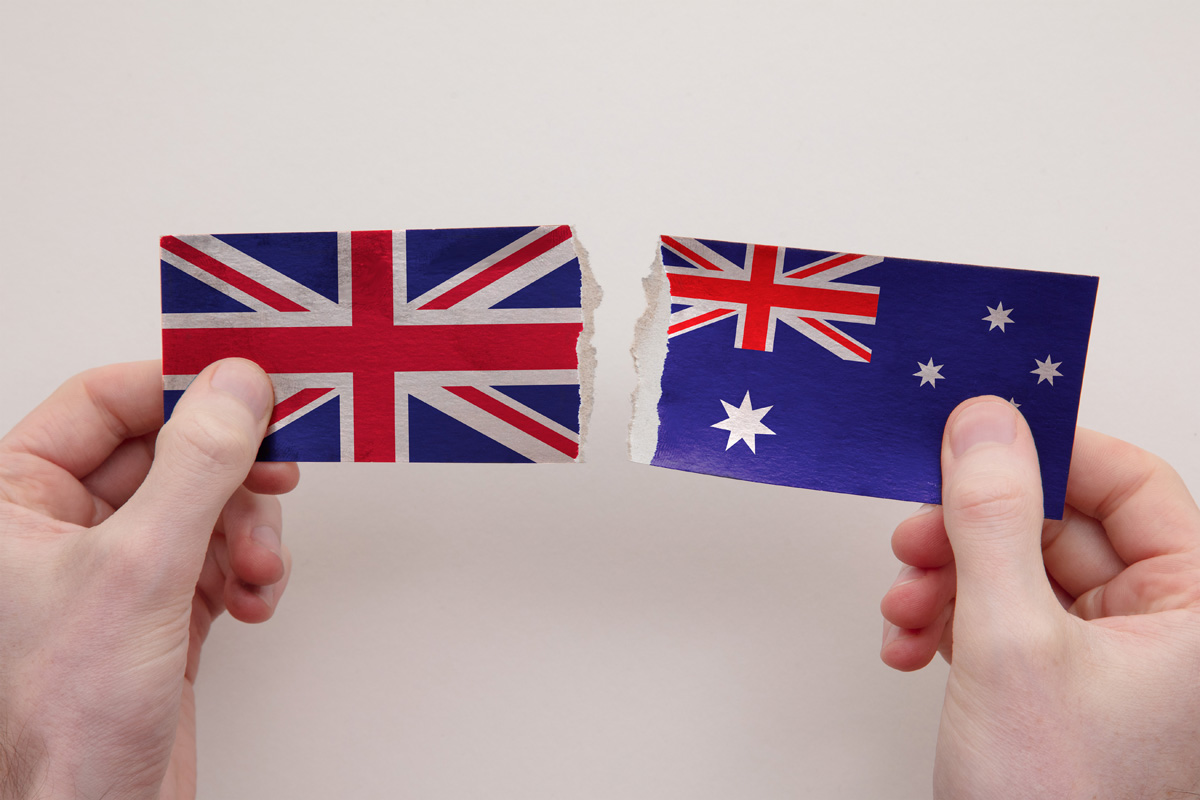Ready for a Republic? Renewed Efforts to Abolish the Monarchy in Australia
May 18by Cody Mitchell
Australia’s longstanding republican movement has renewed its efforts to bring an end to the nation’s constitutional monarchy following the coronation of King Charles III.
However, for the monarchy to be replaced with a republic, Australia’s constitution would need to be amended. But for such an amendment to be successful, a majority of Australians in a majority of states would need to support it during a compulsory nation-wide referendum.
Australia’s dominant Labor Party, led by Prime Minister Anthony Albanese, has committed to introducing a republic referendum should it win a second term in government.
Within the first few months of his prime ministership, Mr Albanese appointed an Assistant Minister for the (not-yet-existent) Republic—a move critics condemned as a waste of taxpayer money and “political overreach”.
Australia’s government-funded broadcaster, the Australian Broadcasting Corporation, has also come under fire for its anti-monarchist coverage of the King’s coronation—receiving an unprecedented number complaints from viewers concerned by its editorial bias.
The complaints have since been referred to the ABC ombudsman, which will investigate whether the broadcaster breached its legal standards of impartiality, accuracy, and fairness.
While opposition to the monarchy may have intensified within media and political circles, attitudes from the Australian public have not shifted dramatically over the past few decades.
Since the coronation, surveys have found that King Charles III’s popularity is actually growing, with a majority of Australians approving of the current monarch as of May 2023.
Significantly, the heir apparent, Prince William, and his wife, Princess Catherine, are the most popular of the royal couples—both enjoying approval ratings in Australia of over 70 per cent.
If a referendum were held today, it is unclear whether the outcome would be any different to the landmark 1999 republican referendum. That referendum failed—despite polls showing that only 35 per cent of Australians still supported the monarchy, while more than fifty per cent backed a republic.
According to polls, opposition to the monarchy reached its highest in late 2009, with nearly 60 per cent of Australians throwing their support behind a republic. In contrast, just 33 per cent continued to favour the existing model. On the other hand, support for the monarchy reached a high of 60 per cent in September last year.
Besides the Australian Labor Party, which has opposed the monarchy since 1991, the left-wing Greens Party has also been an aggressive opponent of the institution. Australia’s major opposition party, the Liberal Party, has no official position on the issue.
Despite the apparently significant public support for a monarchy, Australia’s rural party, the Nationals, is the only major party to officially support the monarchy.
While the issue of a republic has gained some prominence in the media recently, it seems unlikely that Australia’s constitutional monarchy is going anywhere anytime soon.






